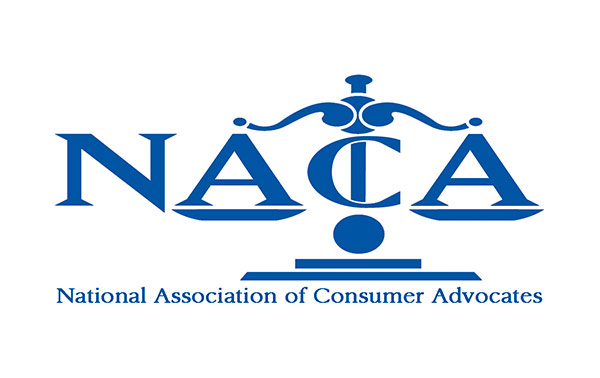The COVID-19 Effect: Managing Mortgages
https://bardolawpc.com/wp-content/uploads/2015/09/NACA-FeaturedImage-BardoLaw.jpg 600 378 StacyBardo StacyBardo https://bardolawpc.com/wp-content/uploads/2015/09/LinkedIn-StacyBardo-BardoLawPC-150x150.jpgThanks to the National Association of Consumer Advocates for this informative content.
Mortgage delinquencies hit a five-year high in May as COVID-19 battered the economy and household finances. With record numbers of Americans out of work, many are concerned about being able to keep up with payments on their homes.
State and federal governments quickly enacted protections to help millions remain in their homes during the pandemic. But as infections continue to surge and the economy remains sluggish, families are struggling to afford to stay in their homes. There are options to help consumers get through this unpredictable and difficult period.
• All about forbearance – Forbearance is when a mortgage servicer or lender allows a homeowner to pause or reduce their payments for a limited time. “If your mortgage is currently in forbearance, and that forbearance is coming to an end, reach out to your servicer at least thirty days before the forbearance will end to make repayment arrangements,” said Judith Fox, Clinical Professor of Law at Notre Dame Law School. “Many servicers only granted homeowners 90 days of forbearance. However, the CARES Act provides for 180 days and an additional 180 days, for a total of one year of forbearance,” Fox said. “Do not wait until you have missed a payment. If you are in forbearance, but cannot resume making payments, request an extension.”
While the moratorium on foreclosures may be expiring, consumers are still eligible for up to one year of forbearance, followed by a loan modification.
Homeowners whose mortgages are not federally-backed may be granted forbearance and other assistance from their loan servicers. Be aware, these programs may come with additional fees or other charges. Borrowers should ask their servicers about these details.
• Keep an eye out for errors – Borrowers who receive an accommodation from their mortgage servicer should continue to monitor their monthly statements and their credit reports to ensure information about their accounts are accurate. Equifax, Experian, and Transunion are offering free weekly credit reports to all consumers through April 21, 2021.
• Make payments when possible – Forbearance allows homeowners to temporarily skip some payments now. However, homeowners will still need to make up for the mixed payments. Those who can afford to pay their mortgage should continue to do so to avoid having to potentially pay more later on.
• Watch out for scam artists – Homeowners should be wary of companies claiming they to offer mortgage assistance, especially those requiring upfront fees. It is illegal for these companies to take payments before producing results the homeowner is satisfied with. The Federal Trade Commission has more information on how to spot mortgage scams and what rights homeowners have.
• Consult with a housing counselor – A non-profit housing counselor sponsored by the Department of Housing and Urban Development can help worried homeowners figure out their best option. This service is low-cost and often free.
• File a complaint – “If you are unable to reach your mortgage loan servicer, file a complaint with the online Consumer Financial Protection Bureau complaint (database),” said Prof. Judith Fox. When the CFPB receives a complaint from a consumer, it sends the complaint to the complained-about company which is then urged to respond to the consumer and the CFPB within a reasonable time.
• Seek legal assistance – But first: “Keep your documents and keep your notes from all your interactions with your mortgage company. It will help you keep track of what’s happening, and help your lawyer help you if something goes wrong,” said Jeff Gentes, an attorney at Connecticut Fair Housing Center.
If a homeowner’s mortgage servicer refuses to comply with the CARES Act or other applicable laws, it may be time to get legal representation.
Consumers Ascending thanks Professor Judith Fox of Notre Dame Law School and Jeff Gentes of the Connecticut Fair Housing Center for their help with assembling these tips and resources.
Bardo Law, P.C. is a proud member of the National Association of Consumer Advocates.
______________
National Association of Consumer Advocates
1215 17th Street NW, 5th Floor, Washington, DC 20036
Phone: 202.452.1989 | Fax: 202.452.0099





